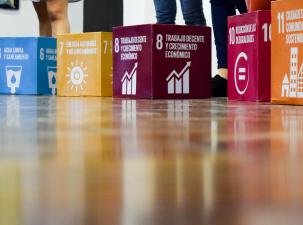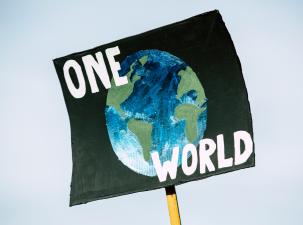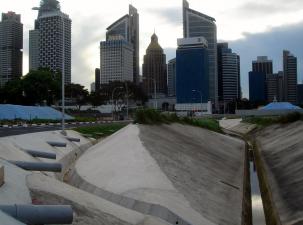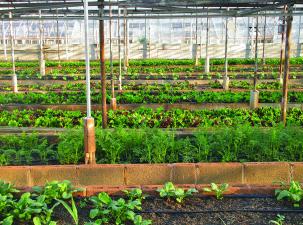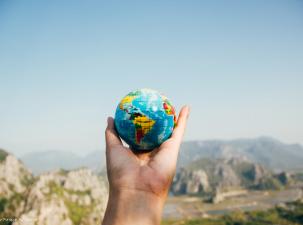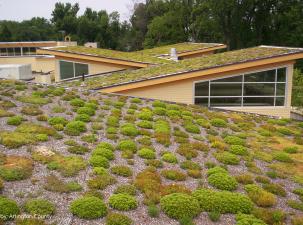Sustainability
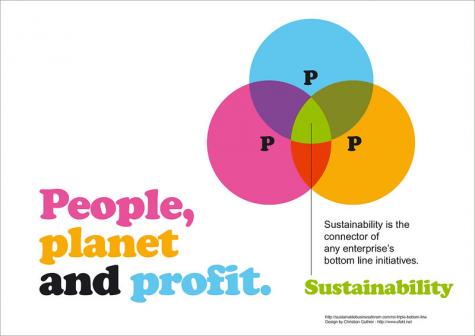
➡️ SUSTAINABILITY Guide - For Ecological, Human & Economic Health
Sustainability is a vital concept where our way of living meets the needs of the present without compromising the needs of future generations.
Overconsumption, exploitation, and large-scale ecosystem destruction mean that sustainability is now a global necessity.
The concepts of intra- and intergenerational justice mean that we must strive for justice and equality within today’s society and ensure that future generations are left with a world which offers the same opportunities – if not more. Truly sustainable actions, therefore, benefit the planet and its inhabitants both today and in the future.
Jump straight to our resources on ➡️ Sustainability
Explore our comprehensive guides on -
-
Sustainability Resources, Studies, Organisations & News
-
Key Issues in Sustainability
-
Sustainability Education
-
Careers in Sustainability
-
The UN Climate Change & Biodiversity Conferences
“Only when the last tree is cut down, the last fish eaten, and the last stream poisoned, you will realise that you cannot eat money.” - Cree Indian Proverb
Make sure to follow our excellent Twitter/X lists on Sustainability and the SDGs.
German speakers should check out our partner site, Bessere Welt Info and the comprehensive guide to Nachhaltigkeit
*****
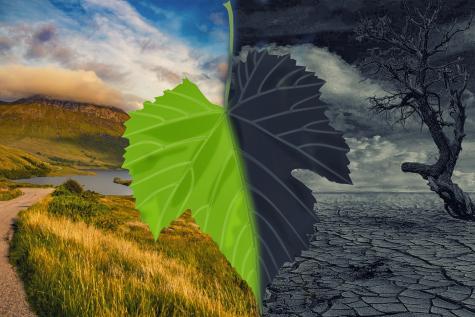
Key Topics in Sustainability
Climate change is a key challenge in the fight for a sustainable world. Find in-depth categories on the causes, consequences, and solutions, as well as movements, campaigns, climate action, and the key players and NGOs – including the bad guys.
The horrific environmental impact and costs of the fossil fuel industry are contributing to pollution, global warming, and large-scale displacement. Despite massive governmental subsidies, investment and lobbying by Big Oil, renewable energy is emerging as a viable alternative for long-term and sustainable energy supply. Often cheaper, more resilient, and much less damaging, the green transition is well on its way. Discover a complete guide to solar, wind, and hydropower and the desperate need for more green investment in the renewable energy sector.
Capitalism, overexploitation, and our broken food systems are putting unprecedented pressure on our planet's finite resources. Unsustainable practices have left our soils depleted, 80% of our rainforests destroyed, our oceans filled with 199 million tonnes of plastics, 55 million people affected by drought every year, a global food crisis, and the deaths of 2,000 children a day from air pollution.
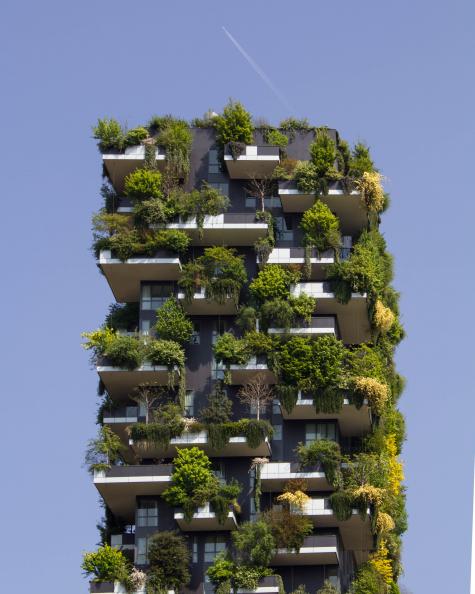
Around 70% of the world's carbon emissions come from urban areas. Those living in cities experience higher levels of air, light, and noise pollution, poor water quality, lack of green spaces, decreasing biodiversity, a lack of connection with nature, and warmer temperatures.
The need for sustainable transport, housing, waste management, energy, and land use management has created a new concept of sustainable cities. Sustainable development and urban planning turn concrete jungles into multi-use areas that benefit and co-exist with the environment, the local flora, and fauna and create sustainable living spaces for everyone to enjoy.
The concept of sustainable living is gaining popularity. People are choosing alternative lifestyles more than ever. A more eco-friendly approach to life embraces minimalism, urban gardening, ecovillages, tiny homes, ethical purchasing, and anti-consumerism.
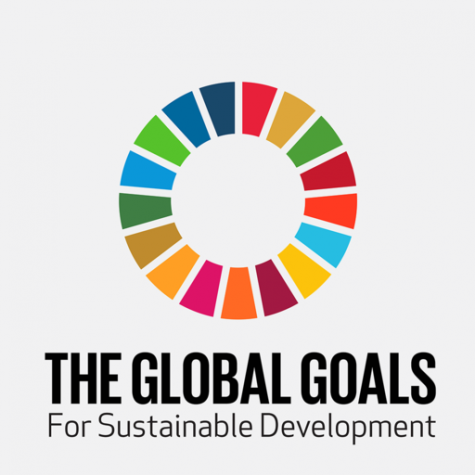
What are the Sustainable Development Goals?
One of the most important global sustainability initiatives is the UN’s 17 SDGs. The initiative came into effect in 2015 as UN member states agreed to strive for global sustainability together.
Key concepts of the goals include peace, unity, and equality – all with environmental protection and climate change mitigation in mind. Better World Info provides over 800 essential resources on the individual goals, progress reports, key platforms, implementation, and monitoring.
The goals are ambitious, even more so because of the devastating Covid-19 pandemic. Efforts are also being hampered by the effects of climate change, the increasing frequency of natural disasters, large-scale conflicts affecting peace and mass displacement of refugees.
Progress towards achieving the goals is seriously behind target or, in some cases, in reversal. We are on track to meet only 17% of targets by 2030. The 2024 SDG Report revealed that progress on 50% of the targets is weak, and 30% have either stalled or actually worsened - a reassessment and expansion of the SDGs is urgently needed. Many of the current failings and omissions are due to the unwillingness of states and large companies, which hold the biggest influence to implement and monitor the goals.
With 700 million people living in extreme poverty, 89 million people forcibly displaced, and 2 billion people living in conflict regions, there is still much work to be done.
What Does a Sustainable Economy Look Like?
Better World Info understands the importance of sustainability in our economy. Current growth-oriented capitalist economic systems leave glaring deficiencies regarding sustainability. Depletion of the Earth’s natural resources and rising social and economic inequality mean that today’s economic progress rarely can be classified as sustainable.
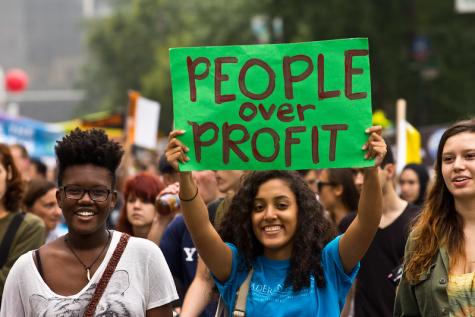
When profit is put before people, it creates massive issues, including corporate greenwashing, fast fashion, child labour, forced labour, corruption, pyramid schemes, and tax evasion.
As these concerning trends gain attention, alternative economic approaches are developed. Green growth and the circular economy are highly debated concepts that advocate for decoupling economic growth and natural resources, reducing waste, and increasing recycling opportunities. Our growth-oriented system can be sustainable, but only with the correct policies, independent monitoring, and practical implementation.
The concept of degrowth promotes reduced consumption and production, leading to a slowdown or even regression of the economy. This concept puts well-being above profit. It promotes a more equal distribution of wealth and allows citizens and the planet to become more sustainable.
Other important topics include universal basic income, ethical business and investment approaches, corporate social responsibility, and other economic alternatives such as the participatory, social, informal, or free economy.
Sustainability for Peace & Human Rights
The social aspect is an often overlooked part of the sustainability triple bottom line. True sustainability cannot be achieved without the social wellbeing of citizens and while racism, discrimination, inequalities, and social injustices persist.
Find human rights educational material, news, organisations, instruments, and key topics in the human rights field, with over 30,000 carefully selected sources providing the full picture in our country-by-country guide. We explore topics such as press freedom, refugees and migrants, children's rights, women's rights, LGBTQI+ rights, land rights, and the rights of indigenous peoples.
We aim to inspire and educate citizens with information on empowerment, non-profit organisations, philanthropy, social entrepreneurship, social justice advocates and activism.
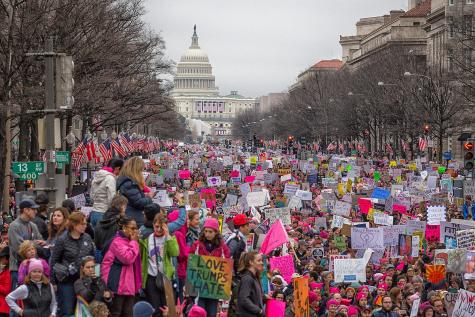
Devastatingly, 2 billion people are currently living in areas with violent conflict - the equivalent of one-quarter of the human population. The world is currently experiencing the highest number of conflicts since 1945 (the end of WWII), and with a 65% increase in conflict-affected areas since 2021, hopes for peace are shattered.
With more motivation than ever, peace efforts through nonviolence, negotiation, diplomacy, education, peacebuilding, peace movements and NGOs are vital. Explore our highly recommended peace platform, made specifically for peace activists and NGOs. It serves as an excellent source for peace news, studies, conscientious objection, and much more.
Sustainability for a Better World
Sustainability is a concept that encompasses all aspects of our world – social, environmental, economic, political, human rights, peace, and development. Without profound changes and effective implementation of sustainable practices, we cannot hope to provide future generations with the same opportunities, health, and environment that we enjoy today.
We strive to equip users with the best quality information to assist individuals, businesses, and policymakers on their path to sustainability. Explore all related topics in one place without fake news, greenwashing, corporate propaganda, advertisements or politicians' false promises.
*****
Better World Info is an open platform – We invite experts, NGOs, campaigners, and activists to contribute their knowledge and top resources! We are a constantly expanding, work-in-progress, committed to spreading reliable, critical, and investigative resources to help create an informed, knowledgeable, and curious world.
Authors: Rachael Mellor based on the blog by Jan Thomanitsch, 14.12.22 (Updated 01.05.25) licensed under CC BY-SA 4.0
For further reading on Sustainability see below ⬇️
Info on Sustainability
Hot Topics
Twitter list
Tweets by @BetterWorldInfo/lists/sustainability
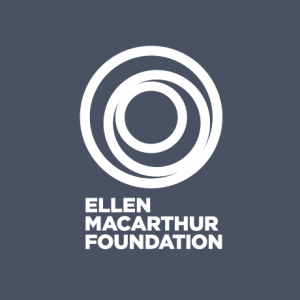
Featured Organisation of the Month
Rethink the future
The Ellen MacArthur Foundation was established in 2010 with the aim of accelerating the transition to a circular economy. Since its creation the charity has emerged as a global thought leader, establishing the circular economy on the agenda of decision makers across businesses, governments and academia.

Featured Online Resource of the Month
Beautiful Rising
Beautiful Rising harnesses the insight of changemakers to help make our movements more strategic, creative and effective. Inspired by the concept of a “pattern language,” Beautiful Rising teases out the key elements of creative activism: stories, tactics, principles, theories and methodologies.
